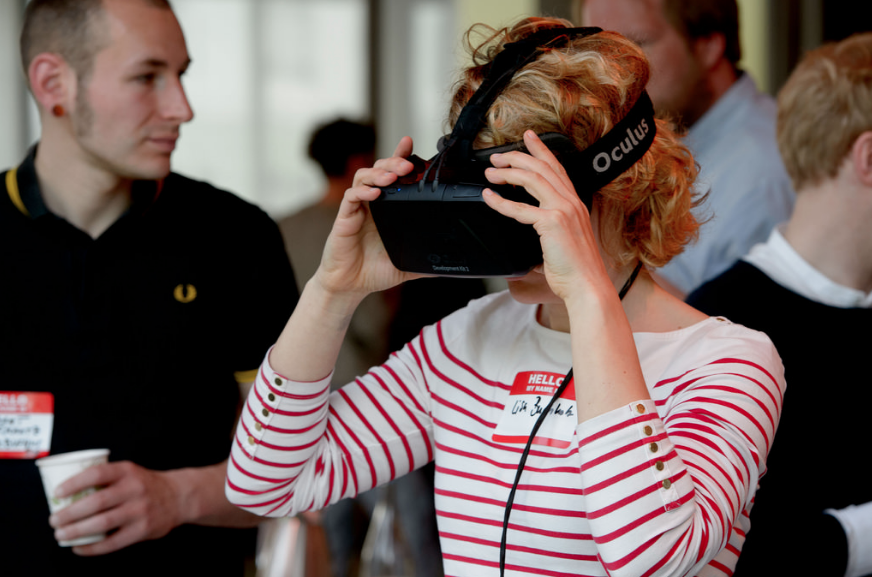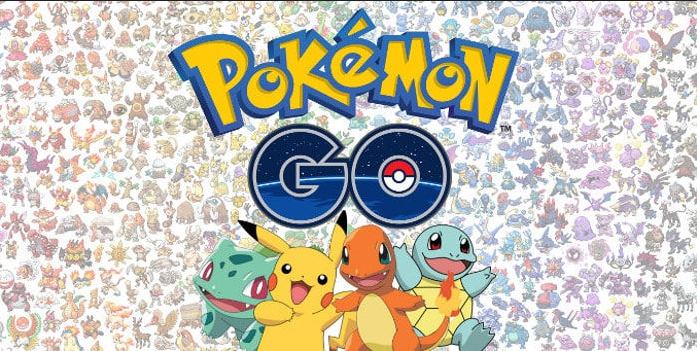“Pokémon Go llegó an España Ya Se Puede” (CC BY-SA 2.0) by iPhone digital
Love it or loathe it, the unprecedented success of Pokémon Go is not slowing down. Undoubtedly the biggest gaming story of the past 12 months, its developer Niantic recently confirmed that the game had reached an unbelievable 650 million downloads globally.
While the game’s use of augmented reality technology has always been a major talking point, one other point of interest is how it brought gaming out into the big wide world. How many times have you seen people roaming streets and parks together to hunt down creatures? It is fair to say that Pokémon Go is one of the best current examples of social gaming.
In truth, the idea of social gaming has been growing for a few years through titles including Clash of Clans, but if analysts are to be believed the trend is only expected to expand further. Market research released in 2014 estimated that the industry could indeed be worth up to $17.4 billion by 2019.
So, just how social is gaming now and where could it be heading in the future?
Bringing People Together
Many online games have always had a particular social element about them, with casino and bingo sites perhaps being among the first to actively seek to bring players together. Text chat functions are a common part of such sites and mean players can forge friendships and inject a little bit of banter into proceedings – although William Hill’s guide to bingo chat lingo is an important reminder about keeping conversation polite and courteous.
These sites are also now taking things to the next level, with many offering ‘live’ gaming options via video. This might be bingo hosted by a presenter or casino games featuring real-life dealers. The aim is simple – to bring an authentic and social gaming experience to players.
Emerging Technology
Funnily enough, traditional card games also formed part of a recent presentation hinting at the potential next step for social gaming.
Last year Mark Zuckerburg demonstrated how Facebook is looking to make use of emerging virtual reality technology such as Oculus Rift. The showcase revealed how people would be able to interact with avatars of friends and family in a range of settings to enjoy a number of activities, including card games.

“Remote Theater mit Oculus Rift” (CC BY-SA 2.0) by boellstiftung
No date has been set on when this will be launched, but it is an excellent example of how social gaming may develop as technology also evolves. Facebook clearly recognizes the importance of gaming when it comes to its own social media platform, having launched Instant Games on its Messenger app this year. The service allows people to play a host of mini-games – including Nokia classic Snake – and then challenge friends to beat their scores.
More Social Than Ever
Ultimately, it is fair to say that modern gaming has made the tired cliché of gamers sitting in solitude in their bedrooms a thing of the past. Now more than ever, gaming is social – and this is only going to increase further in the coming years.
More News To Read
- Personalized Medicine is Great for Treatment, but What About Prevention of Chronic Diseases
- What Good Does ‘Junk DNA’ Do?
- The UK Introduces New Autonomous Vehicle Insurance Laws, Who pays for damages?
- The World’s First Real Quantum Computing Battle, How is Ended?
- Should We Be Concerned Our Future Autonomous Car May Get Hacked?











